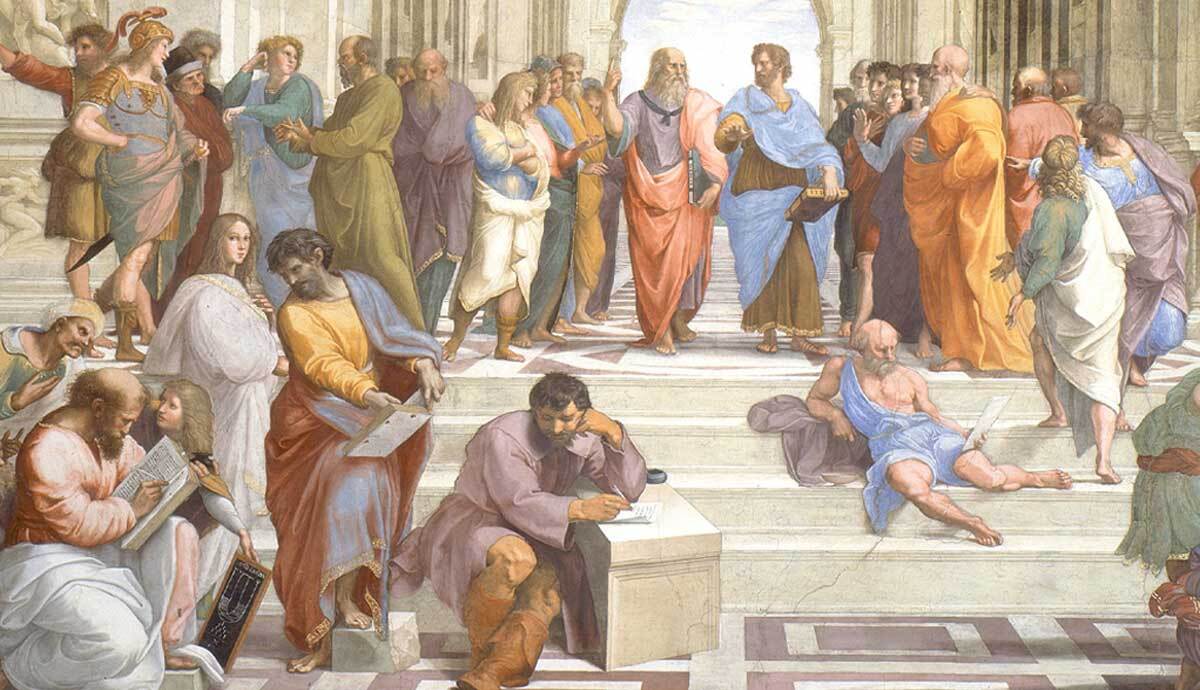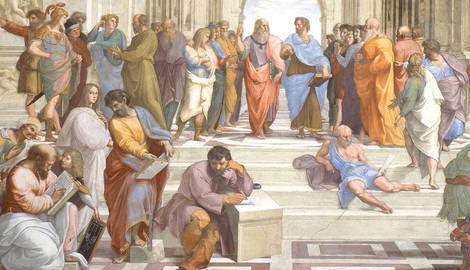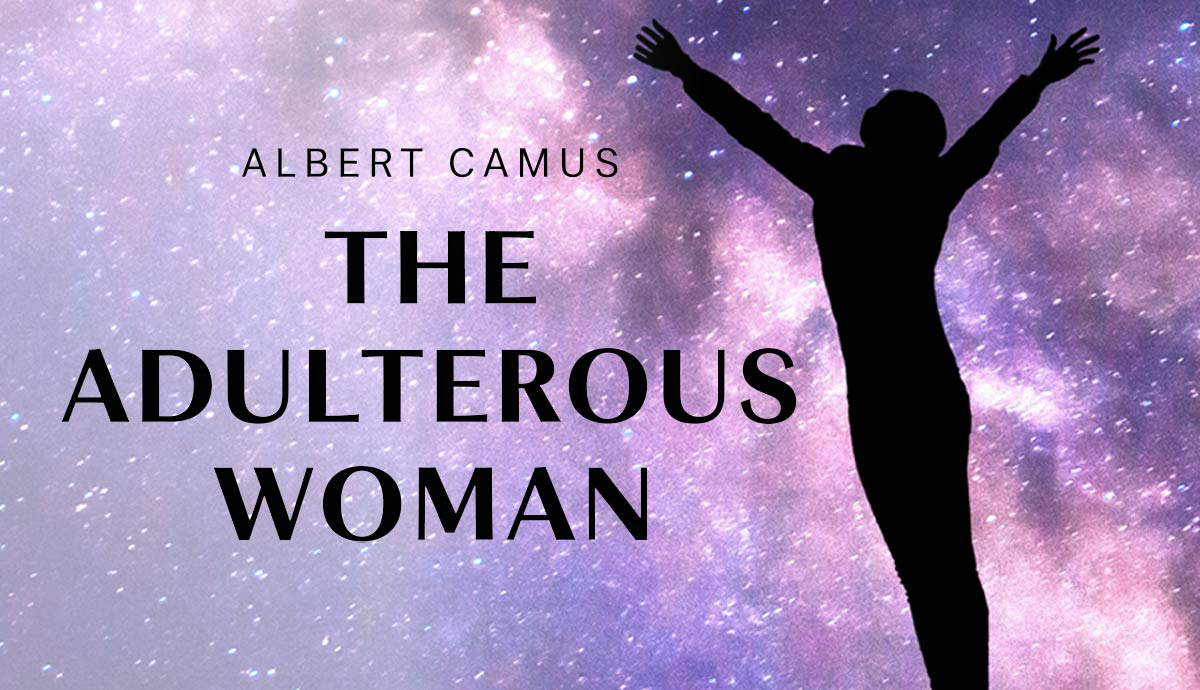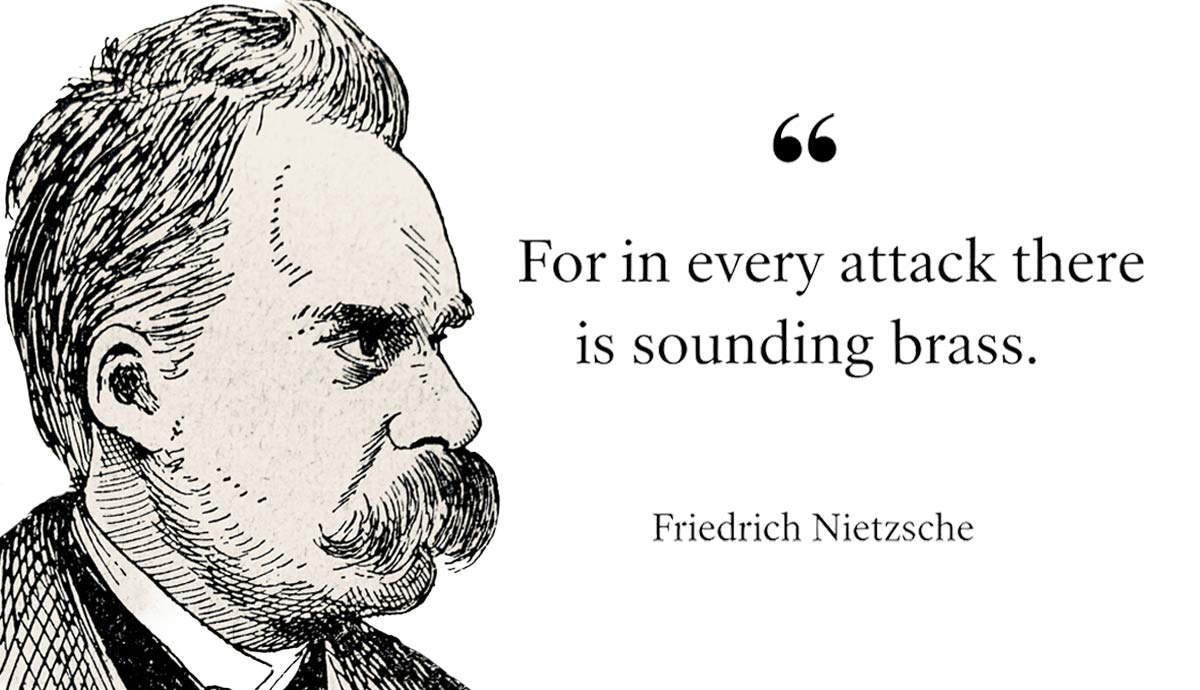
Philosophy can influence how we see the world, question our beliefs, and develop as individuals. In this post, we look at five well-known philosophical quotes that might alter your outlook on life. These pieces of wisdom from some of history’s greatest thinkers provide guidance, contemplation—and inspiration—about what it means to be human. Prepare to be fascinated, enlightened, and possibly changed forever as we explore the deep truths and challenging ideas contained within these famous quotations. So, what are these five famous quotes?
1. “The Unexamined Life Is Not Worth Living”

The quote “The unexamined life is not worth living” is attributed to the ancient Greek philosopher Socrates, who in turn was a seminal figure in the history of Western Philosophy. Socrates is notably known for the Socratic method of inquiry, in which he is typified to employ a manner of questioning that inspires the clarification of thought and, at best, fosters critical reflection on the issues under consideration.
This quote basically means that self-reflection and introspection play a mandatory role in human life. According to Socrates, it is human beings’ obligation to keep on examining their thoughts, beliefs, or values and, subsequently, actions. Hence, by doing so, they can develop wisdom by acting out of themselves.
Looking at our lives helps us discover who we really are, what we value the most, and how we want to operate in the world. Accordingly, we grow personally and discover new things about ourselves to better understand our motivations and yearnings.
For instance, consider someone who constantly feels unsatisfied in their job but never pauses to think about why that might be. If they follow Socrates’ advice and examine their choices more closely, they may realize that their true passion lies elsewhere—and decide to strike out on a different path that better aligns with their values and aspirations.
In short, living by this Socratic wisdom means regularly checking in with yourself about what you’re doing and why. This way, you act purposefully rather than just going through the motions: an existence versus a life. It’s a timeless lesson worth taking seriously—and one that has the potential to dramatically alter your existence (in a good way!).
2. “Happiness Is Not Something Ready Made. It Comes From Your Own Actions“

The following quote is from Tenzin Gyatso, the 14th Dalai Lama. He is the spiritual leader of Tibetan Buddhism and is known for teaching about inner peace, mindfulness, and compassion.
The Dalai Lama believes in non-violence and works to foster dialogue among religions. He also encourages individuals to take responsibility for their actions and change themselves through self-reflection.
According to this statement, we create our own happiness through how we think and what we do rather than having it happen to us from the outside. It suggests that our actions, attitudes, and intentions significantly affect how happy and satisfied we feel with life.
For example, someone might think they will be happy if they can get enough nice things or if others will always approve of them. The Dalai Lama’s quote challenges this idea by saying that real happiness doesn’t come from outside circumstances like those at all. Instead, it starts inside us—and grows outwards—when we’re mindful and kind and practice gratitude and compassion.
If we want to feel content and happy, we should develop good qualities like love, generosity, forgiveness, and empathy—rather than expecting things outside ourselves to make us happy.
We can put this into practice by prioritizing our mental and emotional health. This might include habits such as meditation, self-care, and spending time with people who treat us well or do good for others.
The Dalai Lama’s advice also suggests that happiness is not just a fleeting feeling but something we can work on over time. It’s about what we do as much as how we think.
By deliberately choosing positive actions—being kind more often or helping someone out, for example—we might find we’re happier day-to-day than if we don’t make an effort with compassion or positivity at all!
3. “What Does Not Kill Me Makes Me Stronger”

Another important quote is by Friedrich Nietzsche, a German philosopher noted as one of the remarkable ideologists on human reasons, morality, and existence. The quote, “That which does not kill us makes us stronger,” by Nietzsche, best articulates the resilience, growth, and transformational ability that adversity brings forth.
This quote basically means that, one way or another, challenges and other adversities add to the character, resolve, and grit of a person. Such things really do not break one, and one could harness adversity to come out stronger and more resilient in the
For instance, failure in major cases sidetracks people in their careers or personal lives. Instead of letting themselves dwell in disappointment or failure, and for those who do not have the advantage of being nurtured, empowerment to learn, change, and strengthen is all that encroaches in mind. Embracing hardship rather than something that gets in the way develops more inner strength and fortitude.
Nietzsche challenges us to view struggles and setbacks as chances for personal growth—that we should embrace difficult times bravely while actively developing ourselves.
By following his advice, we can develop the attitude and strength needed to cope well with anything that comes our way. This, in turn, may increase our confidence levels, perseverance rates, and overall sense of being in control of our lives.
Remembering Nietzsche’s words enables us to reframe problems or hardships. Yes, these things happen, but if we learn from them rather than let them beat us, then look at what might be possible—it could be huge!
4. “Cogito, Ergo Sum”

One cannot discuss philosophical quotes without mentioning René Descartes’ famous assertion, “Cogito, ergo sum,” or “I think, therefore I am.” A French philosopher and mathematician widely regarded as the father of modern philosophy, Descartes made significant contributions to metaphysics and epistemology.
This concise statement captures Descartes’ method of doubt as he sought to find a basis for certainty in a world replete with skepticism. By recognizing that the very act of thinking demonstrates existence, he argued that if one can doubt, question, or think about their own being, this is proof enough for their existence as a thinking thing.
The implications behind “Cogito, ergo sum” are profound. It calls upon individuals to carefully consider the fundamental aspects of nature, such as conscious experience, when constructing truths about reality. It provides affirmation of not only self-awareness but also rationality itself, demonstrating how intimately connected thought is with one’s facticity in the world at large.
Consider someone grappling with doubts about why they exist or what they’re meant to do. If they take on board Descartes’ maxim and recognize that just the fact of thinking shows they are alive, it can be comforting: It gives them a sense of power and importance.
Descartes’ saying also leads people to consider what is genuine when everything might be doubted—even very basic things like whether we have a body. If individuals can rely on their thoughts when nothing else seems certain, this principle helps them work out what they really think or value (which can bring greater clarity).
This quote encourages us to think about what makes up reality and how we know things. By applying Descartes’ maxim, we use our thoughts as proof—even if there isn’t much else—which helps us better understand ourselves. It’s like shining a light inwards and seeing what’s there.
5. “There Is Nothing Permanent Except Change”

The final quote we want to highlight comes from Heraclitus, an ancient Greek philosopher known for his deep thoughts on the nature of reality and the constant change in everything in the universe.
This quote suggests that because life constantly changes and flows, nothing lasts forever—including difficult situations or bad feelings. Understanding this can help people grow and become better at dealing with stressful events.
For instance, imagine someone who’s just moved to take a new job in another city. At first, they might feel nervous or unsure about all the significant changes coming their way. But if they think about what Heraclitus said and remember that everyone goes through this kind of stuff—it’s part of life! Maybe they’ll feel better knowing they have it in them to adapt (get used to new things) if they try.
In addition, recognizing and embracing the temporary nature of things can motivate people to not hold onto strict hopes or desires for specific outcomes, which can encourage them to be open-minded and accepting of new possibilities.
This mindset might also help individuals become more resilient in the face of life’s inevitable fluctuations. Rather than fighting against change or insisting upon what’s familiar, adapting Heraclitus’ idea of impermanence could lead to personal growth, transformation, and an increased ability to adjust.
At its core, Heraclitus’ theory is a timeless reminder that flux shouldn’t be viewed with trepidation. It’s simply part of how existence unfolds—potentially giving us the power to gracefully navigate uncertain waters with bravery and poise.
So, How Can These Quotes Change Our Lives?

Famous philosophers’ quotes contain a great deal of wisdom. They can profoundly affect us and change our lives. These sayings make us think about ourselves, deal with difficult times, adjust to changes, and grow as individuals.
For example, when we think deeply—as advised by Socrates—about who we are and what we believe, we gain self-knowledge. This self-reflection can reveal surprising things about ourselves that lead to a better life because we know who we truly are.
Heraclitus also wants us to consider something: everything changes all the time, and nothing lasts forever except change itself! If we understand this idea profoundly, it becomes easier to handle difficulties when they arise because we realize tough times will pass—just like good ones do.
Having this understanding enables people to face challenges with open minds. Setbacks become opportunities for growth while embracing lifelong learning and development.
So, with these ideas at work in their day-to-day existence, individuals may find themselves transformed: living more meaningfully amid constant flux than ever possible!









